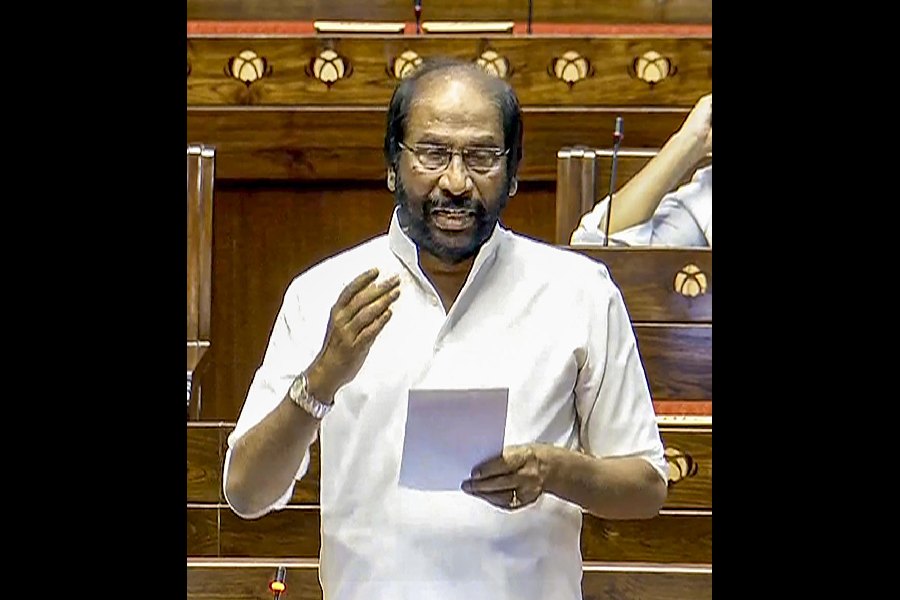A Rajya Sabha member on Thursday expressed concern over a recent mandate by a central government organisation requiring candidates aspiring to teach in schools for tribal children to be proficient in Hindi and English.
DMK leader Tiruchi Siva demanded that the recruitment for teaching and non-teaching positions in Ekalavya Model Residential Schools (EMRS) should be given to the states concerned, instead of centralising the process.
“Hindi (proficiency) has been made compulsory for teachers in EMRS. In 2023, the National Education Society for Tribal Students (NESTS) advertised 2,266 postgraduate teachers (PGT), 303 posts of principals, 759 junior secretariat assistants, 373 lab assistants and 361 accountants. The appointment process has been completed,” Siva said.
The candidates for all the positions had to take a written test, which included questions on language competency. The languages selected for the tests were Hindi and English. The persons who qualified for the test have joined.
There are 405 functional EMRS in the country. Nearly 200 EMRS were started in 1997-98 in the first phase in collaboration with the states, which carried out the recruitment. In 2018-19, the central government expanded the schools and later centralised recruitment by setting up NESTS.
Siva said these newly recruited employees could not interact with students since they were not required to know the language spoken by the students.
“As the teachers and staff do not know the local language, there is decreased engagement with students. This leaves students disadvantaged. I urge the government to give back the responsibility of recruitment to the states,” Siva said.
Last week, CPM leader Brinda Karat wrote a letter to Union minister for tribal affairs Jual Oram urging him to reverse the centralised recruitment system.
The quality of teaching-learning activities in EMRS depends on the faculty and their commitment to understanding the framework of Adivasi cultures, languages and requirements. In the centralised recruitment, the focus on knowledge of tribal culture and language is completely missing, she argued.
“Why should the state language be ignored? Why should competence not include knowledge of Adivasi cultures and languages? Why should Hindi be imposed in states where it is not the spoken language like in the states in the south or east and northeast India?” Karat asked.










